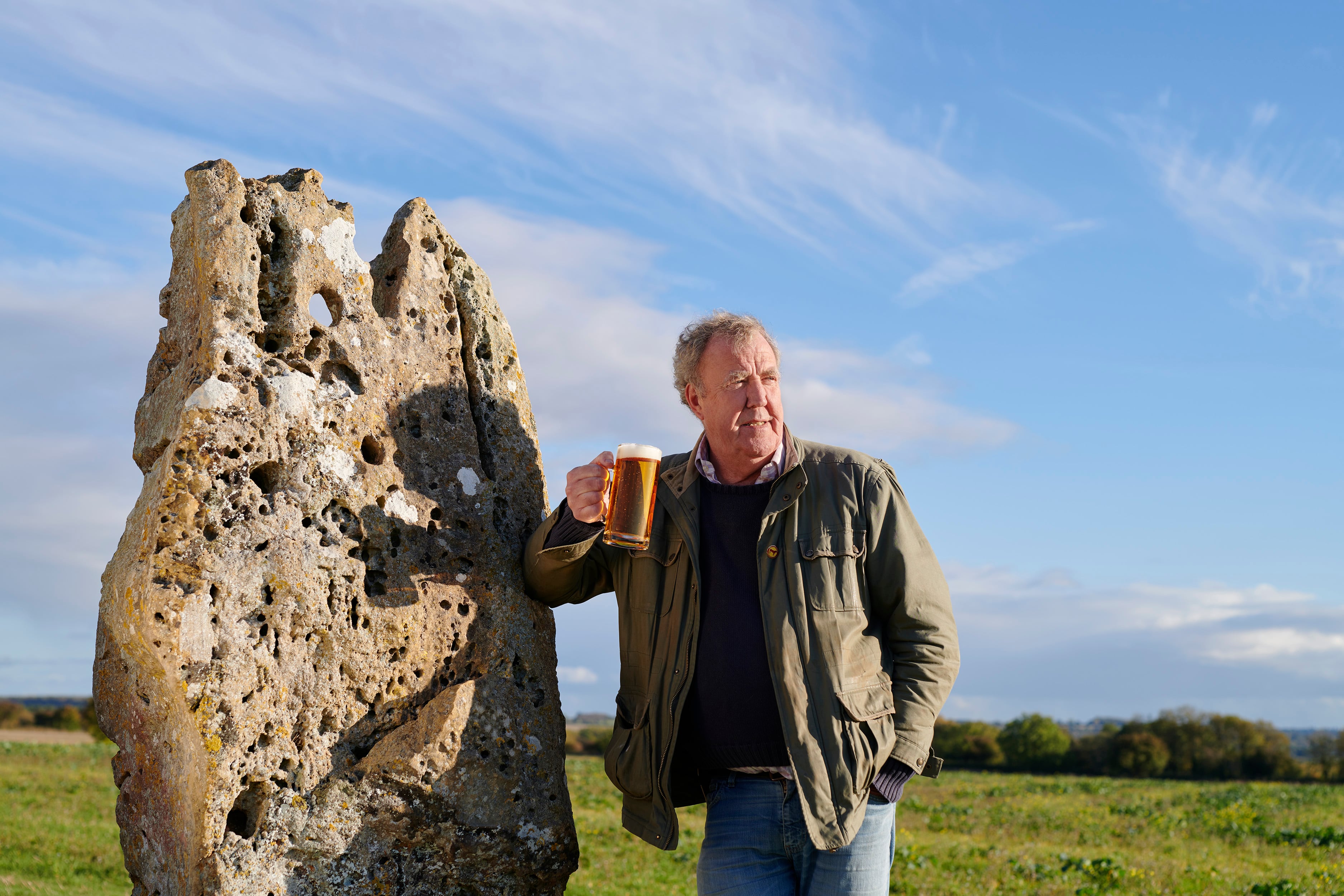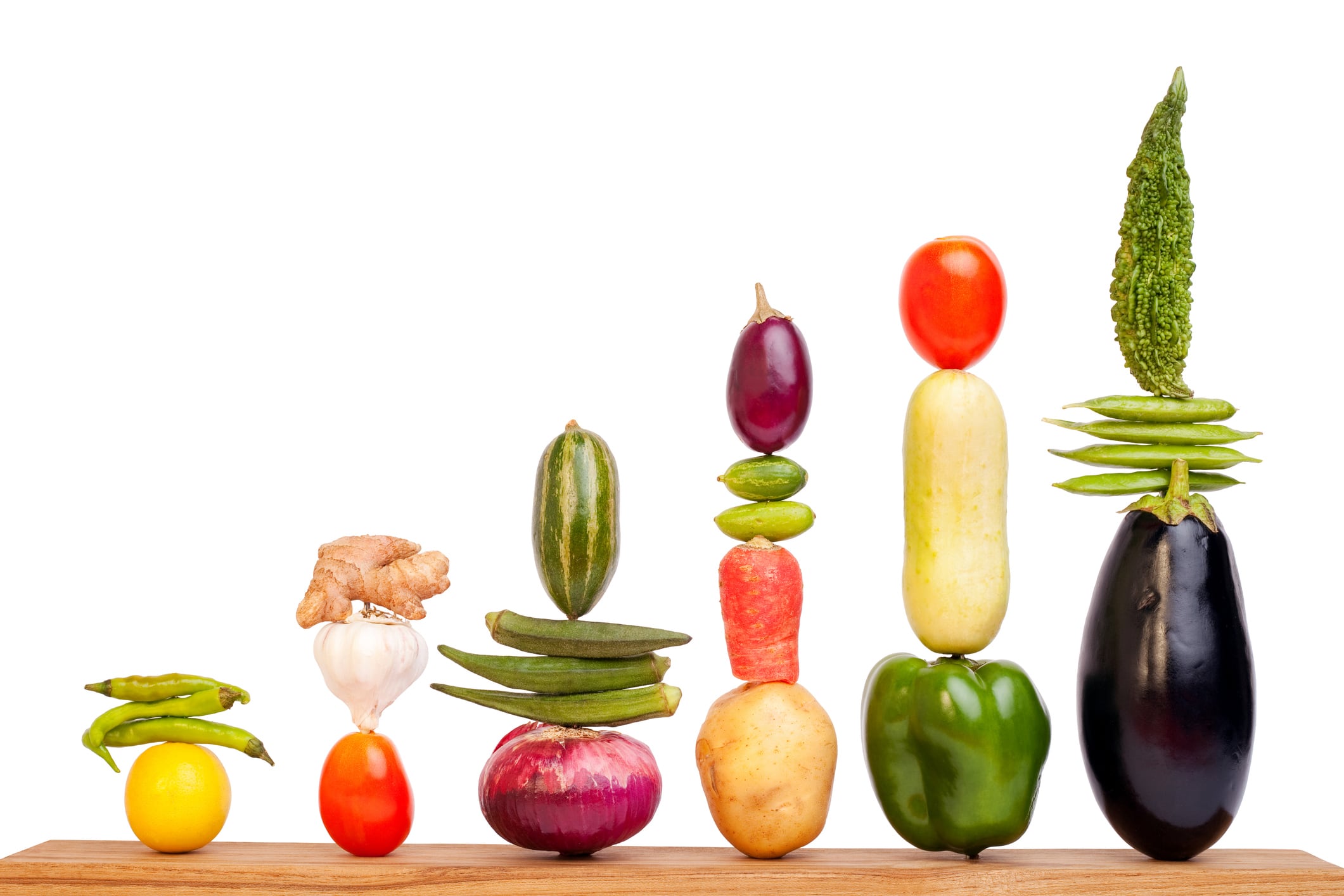From Tuesday 1 April 2025, pubs will encounter significantly increased cost rises due to recent Government announcements.
Employer National Insurance Contributions (ENICs) will increase from 13.8% to 15%, with the annual salary threshold for employers to begin paying NICs set to also decrease from £9,100 to £5,000.
UKHospitality (UKH) warned these measures could cost the hospitality sector a total of £3.4bn.
Concerns have also been raised over the Government’s recently tabled Employment Rights Bill.
The Morning Advertiser (MA) spoke to a number of operators, to understand how they plan to mitigate rising cost pressures and what strategies they are implementing in the current climate.
Many venues may close doors
Owner of the Pig’s Head in Clapham, south-west London Maria Hunter said: “We go out of our way to do the best – from sustainability to quality – and our efforts have been recognised with industry awards.
“Yet, despite this, the financial pressures we’re facing could put us at risk of not being around in 12 months.
“Supplier costs are already rising by 5% to 10% and with wage increases, our payroll will be £140,000 higher in the next financial year based on the same hours. Simply put, if we don’t raise our prices by at least 10%, we will be operating at a loss.
“To mitigate this, we’re looking at ways to reduce labour costs, including implementing AI automation for certain tasks and simply having fewer staff on shift.
“But for many small independent businesses, raising prices by 10% to 15% simply isn’t an option, so I fear we’ll sadly see many venues closing their doors.
“I also believe the rise in national insurance is ill-thought-out and feels incredibly penalising for an industry like hospitality, which relies so heavily on people.
“It’s becoming increasingly difficult to balance rising costs while keeping prices fair for customers, and without meaningful support, we risk losing the independent businesses that make hospitality so vibrant.”
Owner of Staffordshire-based the Tamworth Tap George Greenaway explained what he tends to avoid during price rises.
He said: “We always look to avoid passing on any price increases to the customer, however this can sometimes be unavoidable.”
In addition to the rise in ENIC, the national living wage (NLW) across the UK for workers aged 21 and over is set to increase on Tuesday 1 April. This will inflate overall by 6.7% from £11.44 to £12.21 per hour.
Owner and operator of the Greyhound Inn in Warslow, Derbyshire Lee Wilson-Hart said: “We’re a small rural pub, eight miles from the nearest town so obviously, we’re not saturated with lots of people.
“We do get a little bit of tourism in the summer with walkers, but the rest of the time, obviously it’s a pretty steady village pub.
“Things have declined since we did take the pub on in 2019 with Covid. So each step after Covid, we’ve always been aware that there’s going to be something else that hits.
“As a family business we had to think, how can we combat that? That was where we decided that if we can’t pay ourselves over the bar, how about we have our own brewery and buy beer from ourselves, from a different business...
“One of the main ways that we are looking to mitigate cost rises really is having our brewery on the side.”
He outlined how he tries to avoid increasing prices but encouraged other operators to educate customers and remain honest with them.
Wilson-Hart added: “That’s what I think is really important - honesty and transparency with customers and education around the fact that if household energy bills increase, it will affect business operating costs as a knock on effect.
“Because the electricity’s doubled because the staffing’s increased by 17%. So I think the main thing as a business is if you can educate your customers and be open and honest about it, the fact that it has gone up.
“The main way also that we are trying to avoid is hiring externally. We really try and keep our staff that we have and we can’t really look at hiring anymore staff outside the business.
“I can promise people that there aren’t any Lamborghinis outside, operators and landlords aren’t walking around with wads of cash in their pockets anymore like they were in the 80s. I think that’s the general perception of pubs now. These are different times.”
Business rates and water bills increase
The current 75% business rates relief for retail, hospitality, and leisure sectors are planned to be reduced to 40% and will also be capped at £110,000 per business. This is aimed to commence in April.
This is also expected to result in a total of an 140% increase in business rates bills on average.
Specifically for pubs, the average annual business rates bill is projected to rise from £3,938 to £9,451. For over 250,000 high street premises throughout England.
Owner and operator of the Cheshire Cat Pubs and Bars Tim Bird said: “Suffice to say we have known about these increases now for some months, so the planning has been going on since the announcement by Labour.
Touching on the key methods he is imploring to tackle rising costs. He added: “The key is that as a business we stay focussed on the top line, building turnover through being consistent at what we do best and creating more great memories for our guests and customers. Keep our teams motivated and focussed on great customer service.
We are getting used to being kicked around by unexpected challenges
He continued: “We survived Covid 19 and frankly are getting used to being kicked around by unexpected challenges. We are almost hardened to it. We must look at the positives….Business rates are still 40% less than what they were pre-Covid, this is still hugely helpful.
“The NI is the real challenge, as is the living wage, but we must sell our way out of these challenges. If one tries to cut staff, bang up prices and close on ‘down days’ they are doomed! Simple.
Touching on how he plans to treat customers and guests and further improve business, he said: “Here at Cheshire Cat, we will face this challenge like all the other challenges we have faced and continue to knuckle down and treat our guests and customers better than ever and build the business from the top. Increased turnover pays increased bills.
“Any previous rises we have faced have been beaten by building great teams and through them building great sales. This will be the difference between those that get over the line and those that don’t.”





